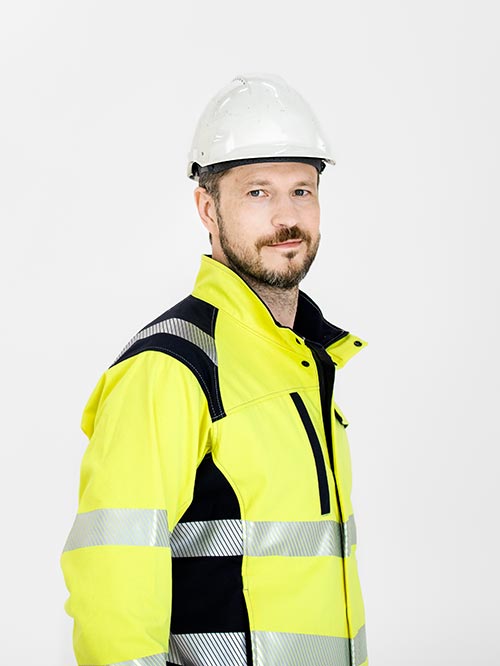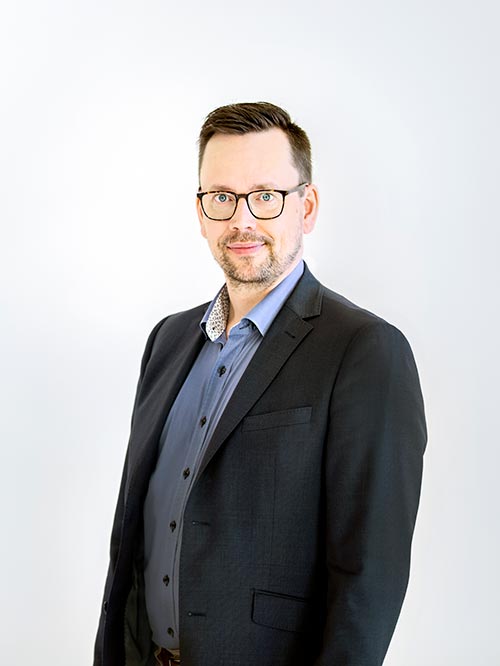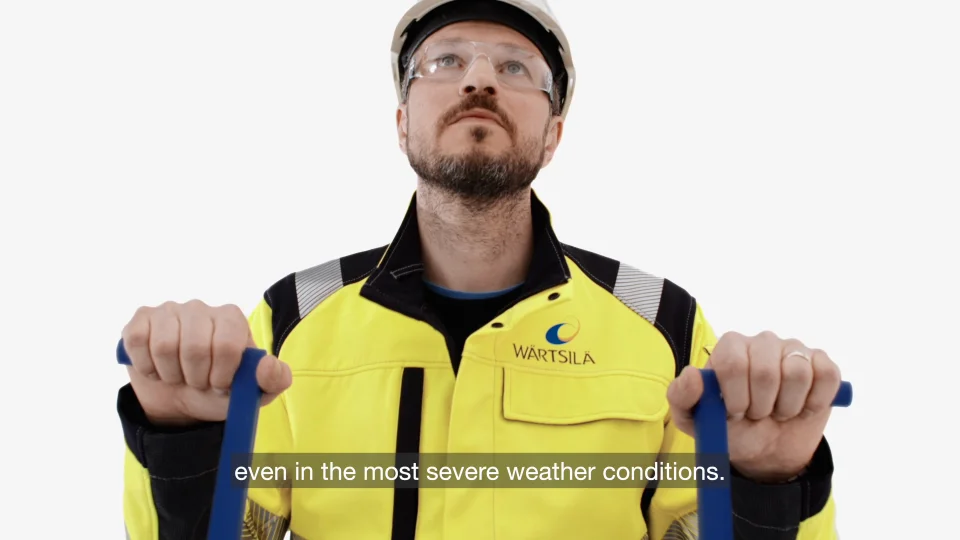
Integrate more renewables with balancing power
Video
Blog
Yes, it can be a bit awkward when two different kinds of people meet – but it doesn’t have to be. Just as different people can bring qualities that complement each other and result in balance, so it is with Wärtsilä’s technology
and the lifecycle service personnel who continuously help our power plant customers realise their equipment’s full potential.
Recently Hannu Jeronen from Technology and Kim Lindqvist from Lifecycle services shared a seesaw to discuss how their work balances each other out to help our customers integrate more renewables.
The answer lies in our technology and lifecycle services. Like a seesaw, both ends work together to find the perfect balance and help our customers reach their goals.
Balancing the ups and downs of renewables
Key to this is balancing. Regular load fluctuations are an inherent part of energy generation where renewables are part of the mix, so fast ramping up and down of a backup energy source is essential. The answer to the intermittency problem is to add flexibility
with gas-powered internal combustion engines (ICEs) and energy storage systems. When renewable power dips, ICE power plants rise to fill the gap and vice versa.
Wärtsilä ICE plants provide balance as they can be quickly ramped up and down to ensure uninterrupted supply when renewable production fluctuates. Unlike other technologies, which take much longer to ramp up, Wärtsilä ICEs can be up
and running at full load in under two minutes and can be started and stopped as often as required. Wärtsilä ICE power plants are composed of modular units that have high efficiency at all loads and can adjust their output quickly. If a unit
is not needed, it can be kept on standby while the output of the running engines is maximised.
If renewables are unavailable for a longer period of time, because of an event such as a storm for example, dispatchable gas engines can be used for unlimited periods of firming. Wärtsilä ICEs don’t require high fuel supply pressures, meaning they can continue to run in situations where other technologies are forced to stop. This protects operators and grids from the peaks and dips that are a natural part of renewable energy, making it easier for them to decarbonise without jeopardising stability.


The power of data
Because Kim and Hannu have such a balanced relationship, it’s now Hannu’s turn to put on the shiny blue client hat and fire a question or two at Kim. Although Hannu looks very handsome in the hat, it might have been a more fetching look had
he taken his helmet off before putting it on.
“How can we make the most of renewables and still operate the plant optimally,“ he asks. Kim believes it’s all about managing different technologies to ensure reliability, efficiency and competitiveness. This means that software is at
the heart of optimising renewable energy systems. A smart software platform monitors, controls and optimises energy assets. It integrates a mix of assets and uses machine learning and historic and real-time data analytics to achieve optimal system
performance.
One big advantage of relying on software is that operational data can be continuously collected and analysed. And this data is a powerful tool. Operating and performance data enables, for example, remote operational support from Wärtsilä expertise
centers. It also enables predictive maintenance based on data, where targeted maintenance interventions are performed based on need instead of a fixed schedule. Data allows performance management as well, maximising the efficiency of a plant. It helps
us focus on outcomes that have a positive impact on our customers’ business. So by leveraging data, Wärtsilä technology and lifecycle can help our customers to stay profitable.
Hannu is impressed and has to admit that Kim really knows his stuff. To really balance things out, Kim would have ideally returned the compliment – but he was happy to just leave Hannu hanging.
Find out what the power of balance can do for your business – contact Wärtsilä to discuss more.
![]()




